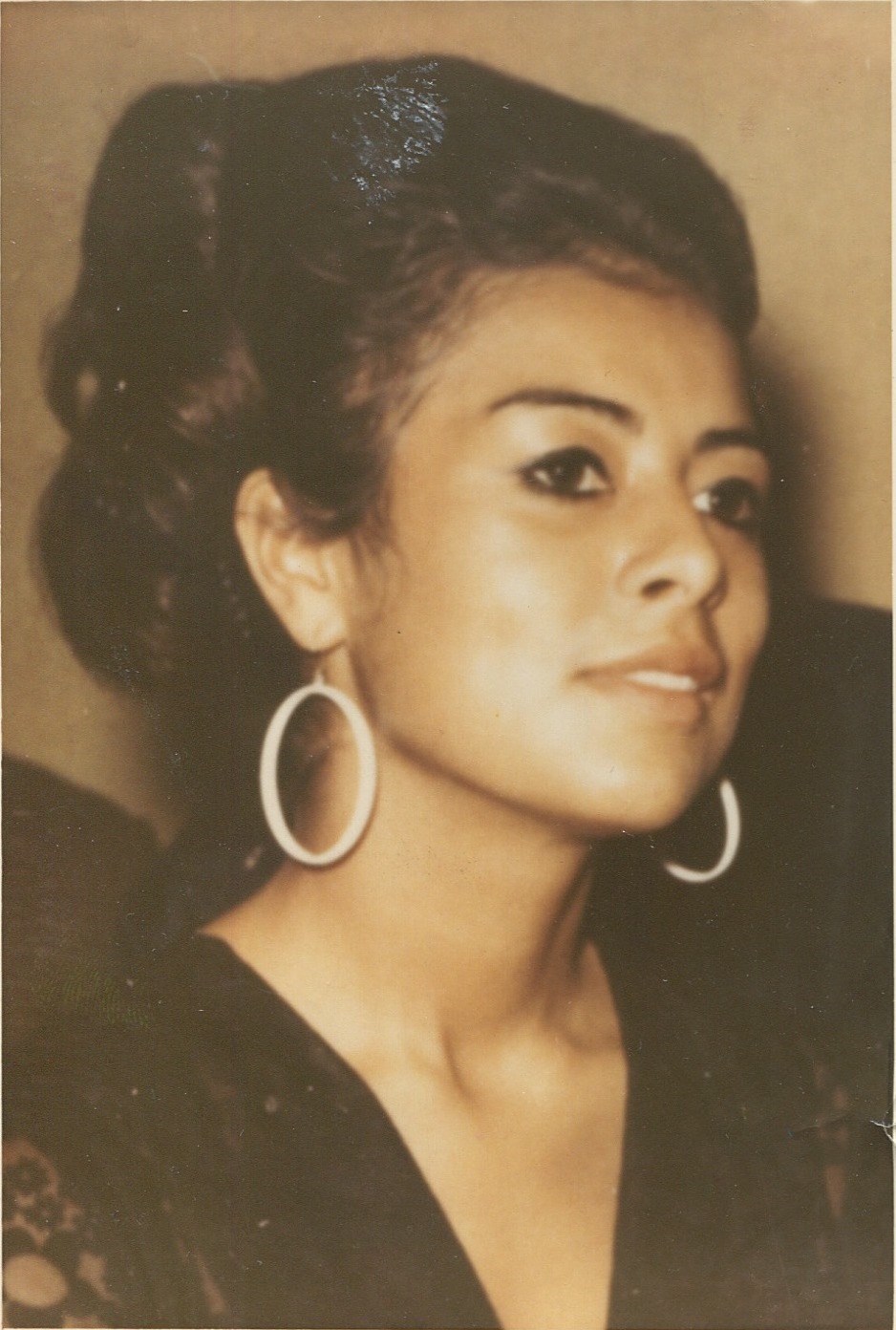Yesterday, on the first day of the Missing and Murdered Indigenous Women and Girls hearings in Richmond, commissioners, family members and witnesses called for a change in how Indigenous history is shared.
Before the hearings began, each of the four commissioners for the MMIWG hearings had an opportunity to speak. For Qajaq Robinson, the stories shared during the hearings played an important role in reshaping Canada’s understanding of its history.
“It’s so important that we hear from you first. Your truth, your lived experience, there is no truth more powerful, more real than yours,” Robinson said on Wednesday morning, speaking to families and survivors. “You’re teaching the country what Canada’s history is. It’s not railways, it’s not Northwest passages, it’s not this glory of the building of a nation.
"We have to get that in our brains and in our schools and in the hallways of power.”
Until Sunday, families will share their stories through public and private hearings and artistic expressions. Nearly 100 individuals are registered to speak at the hearings in Richmond, which is the largest gathering taking place during the inquiry so far.
Shortly after the opening remarks on Wednesday, Catherine Mills was one of the first to share her and her mother’s story. Her mother died in 1976 and for Mills, who is a justice of the peace, the inquiry is an opportunity to rewrite the history of her mother’s death, which she believes was improperly recorded.
Mills was just eight years old when her mother passed away. Mills explained that a police report indicated that her mother visited a man who gave her some pills and later, was brought to the hospital by police where she died shortly after.
“Her death is listed as alcohol overdose. But her blood alcohol level was 0.04. Even during the autopsy the focus was more on gathering evidence of her being an alcoholic, rather than any suspected foul play,” Mills said, adding that the police report didn't list the correct time of her mother's arrival at the hospital.
“This speaks to the lack of caring, that the police couldn’t even be bothered to get the timing right of when they showed up, when she arrived at the hospital, the sequence of events.
“There was more attention paid to how much she had in her purse which was $16.94 than to potentially what had happened. They were more worried about securing her $16.94 than they were securing what was in the pill bottles, or who was this fellow that was no longer there.”
Mills wanted her nephews, who were present at the hearing, to know the truth about her mother’s death.
“I may not officially be able to change her cause of death but they will know and their children will know that I tried,” she said.
In spite of her loss at a young age, Mills expressed how proud she was of herself, her brother and her nephews.
“The loss of our mother in this matter is profound," she said. "Our roots were never as strong as they could have been. But we learned to be strong despite this.”
The hearings, many of which are open to the public, continue through Sunday at the Sheraton Vancouver Airport Hotel. For more information, visit MMIWG's website.



